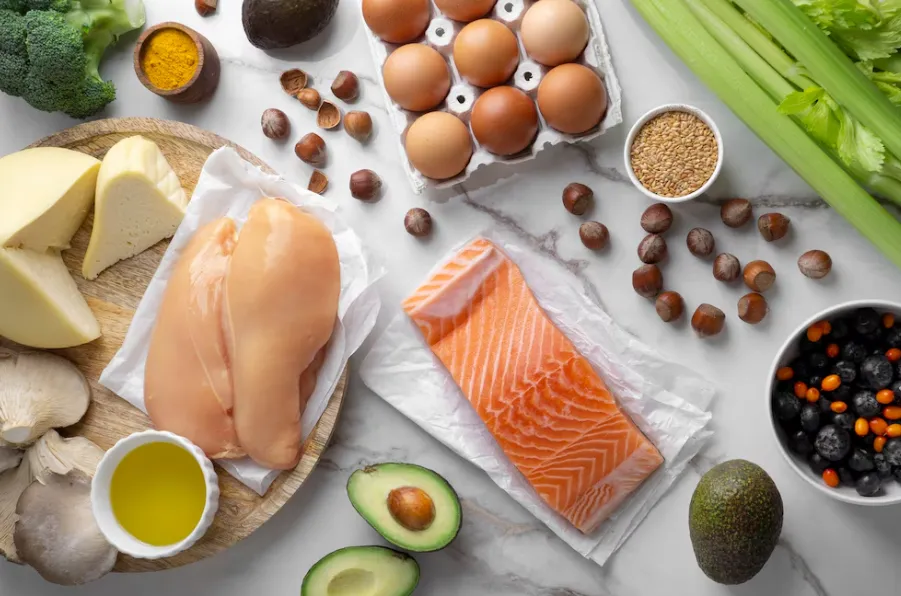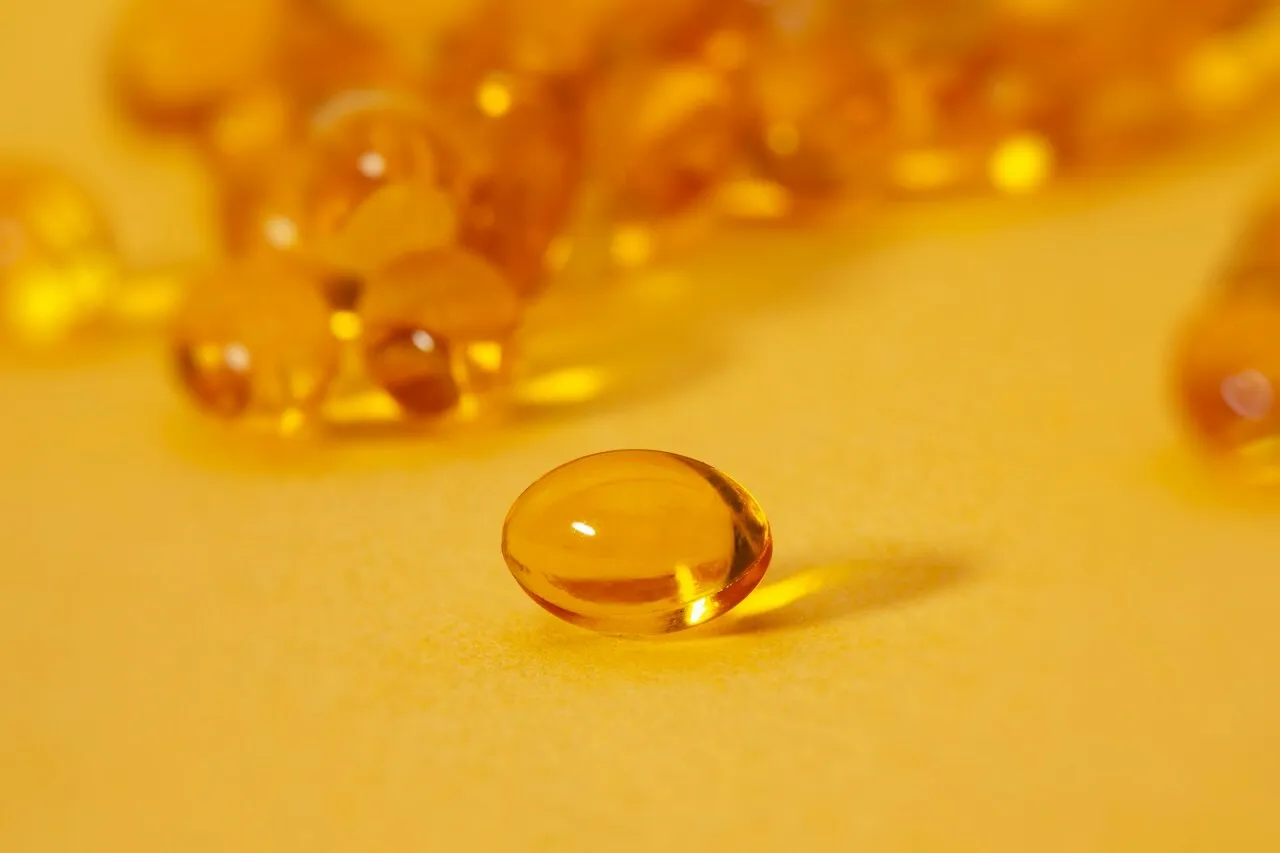 Wednesday, March 12, 2025
Wednesday, March 12, 2025The Most Effective Ways to Build Lean Muscle Mass
The development of lean muscle mass is one of the primary objectives for many fitness enthusiasts and athletes. In order to build muscles without excessive fat gain, precise nutrition, optimized training, and strategic recovery are essential. This blog will elucidate the best methods for muscle building without fat gain, supported by scientific findings.

Optimal Nutrition for Lean Muscle Mass
The right nutrition is key to building muscle without unwanted fat gain. A slight calorie surplus is necessary for effective muscle growth, but the quality of the calories is critical.
Meeting Protein Needs: Proteins are the building blocks of muscles. The optimal daily protein intake ranges from 1.6 to 2.2 grams per kilogram of body weight. Studies show that a high protein intake maximizes muscle growth while minimizing fat gain.
Carbohydrates as Energy Providers: Carbohydrates are essential for intense workouts and muscle recovery. Complex carbohydrates like oats, quinoa, and sweet potatoes provide a sustainable source of energy.
Do Not Neglect Healthy Fats: Fats are important for hormonal functions, including testosterone production. High-quality fat sources such as avocados, nuts, and fish oils support muscle growth.
- Respect Nutrient Timing: A meal containing a mix of protein and carbohydrates immediately after training can maximize muscle protein synthesis.

Effective Training Strategies for Maximum Muscle Gains
In addition to proper nutrition, well-structured training is crucial for building lean muscle mass. Important training principles include:
Progressive Overload: A continuous increase in training volume or intensity promotes muscle growth. This can be achieved through increased weights, more repetitions, or shorter rest periods.
Combination of Compound and Isolation Exercises: Compound exercises like squats, deadlifts, and bench presses activate multiple muscle groups and stimulate maximum growth. Isolation exercises help to specifically define certain muscles.
High Training Frequency: Studies indicate that a muscle group should be trained at least twice a week to achieve optimal growth.
Time Under Tension (TUT): A controlled eccentric phase (the negative part of a movement) can further enhance muscle growth.

Recovery and Sleep as Determining Factors
Optimize Sleep Quality: Muscle recovery and hormonal balance occur during sleep. 7–9 hours of sleep per night are optimal for muscle building.
Plan Deload Phases: Regular reduction of training intensity (every 4–6 weeks) can help avoid overtraining.
Utilize Active Recovery: Light activities like stretching or walking promote blood circulation and accelerate recovery.

Supplementation to Support Muscle Building
Creatine Monohydrate: One of the most researched and effective supplements for increasing strength and muscle mass.
Whey Protein: A convenient way to meet daily protein needs.
Omega-3 Fatty Acids: Promote recovery and reduce inflammation.
- Vitamin D and Magnesium: Support muscle function and hormonal balance.

Comparison Table: Effective Strategies for Building Lean Muscle
| Strategy | Description | Advantage |
|---|---|---|
| Progressive Overload | Continuous increase in training intensity | Maximum muscle growth |
| High Protein Intake | 1.6–2.2 grams of protein/kg body weight per day | Muscle repair and growth |
| Time Under Tension (TUT) | Slow, controlled movements with a focus on eccentric | Increased muscle activation |
| High Training Frequency | Train each muscle group twice per week | Better muscle stimulation |
| Sufficient Sleep | 7–9 hours per night | Optimal hormone production and recovery |
| Creatine Supplementation | 3–5 grams daily | Increased strength and muscle endurance |

Conclusion
The development of lean muscle mass requires a combination of precise nutrition, intelligent training, and adequate recovery. Scientific studies demonstrate that a high protein intake, progressive overload in training, and good sleep hygiene are the best strategies for sustainable muscle gain. With thoughtful planning, muscle mass can be built efficiently without unnecessary fat gain.
Sources:
Schoenfeld, B. J. (2016). "Science and Development of Muscle Hypertrophy."
Morton, R. W. et al. (2018). "Protein intake to maximize muscle hypertrophy: A meta-analysis."
Phillips, S. M. et al. (2017). "Nutritional strategies to support muscle hypertrophy."
- Kreider, R. B. et al. (2017). "International Society of Sports Nutrition position stand: safety and efficacy of creatine supplementation."


